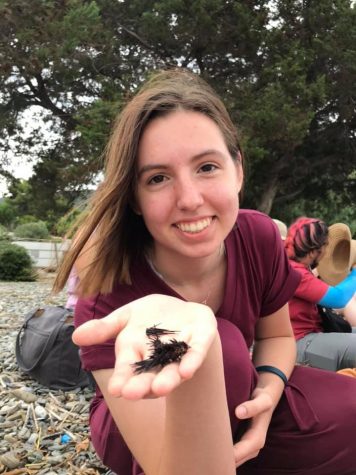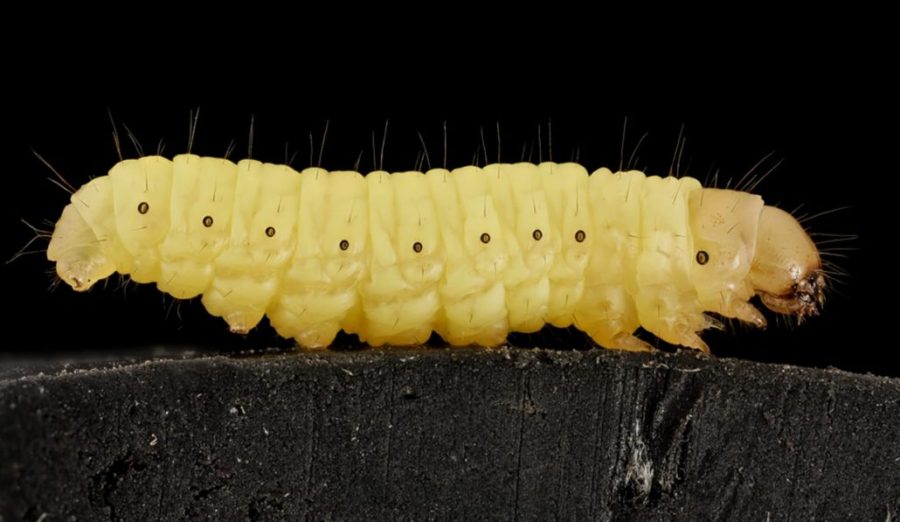Worms That Eat Plastic
Do you think this could help the plastic pollution problem?
Wax worms are the caterpillar larva of the wax moth. The wax worms are naturally found in bee hives, this allows them to have a normal diet of beeswax. The bacteria inside their intestines is what breaks down the wax, they also found out that they can also breakdown polyethylene which is what common grocery bags are made of. When the worms eat the plastic they produce glycol which is a type of alcohol you might find in antifreeze, when on an all plastic diet they excrete liquid instead of their usual solids when on the beeswax diet. Developmental biologist Federica Bertocchini at the University of Cantabria in spain, found out that 100 wax worms can only eat 92 milligrams of polyethylene overnight. That being said it would take a month do degrade a 5.5 gram plastic bag, it would be impractical to assume that this method would be suitable for solving the world’s plastic pollution issue but it’s definitely a start.
Bertocchini and her colleagues decided to blend up recently deceased wax worms and apply it to the plastic. The plastic started to dissolve and this told them that the bacteria within the worms stomach and intestines was eating the plastic rather than the worms themselves. The goal is to now find out which specific enzyme in the bacteria is responsible for breaking down the plastic in hopes to harness it and produce it without waxworms in order to account for the mass amount of plastic pollution on earth. Throwing a ton of worms at this issue isn’t going to do much but it’s definitely worth a shot. Scientist have been trying to solve our plastic issue for decades and in 2014 they finally got a win with wax worms. Though this in its developmental stages of becoming a solution, the future of dissolving plastics is near!
I asked a few of my peers if they think this could help the plastic pollution problem this is what they had to say
Alexis Nussbaum (12) said, “This could help by getting a start on dissolving all the plastic waste. Either have the worms eat the plastic or use the enzyme that breaks down the plastic. Even if it’s just a start it’s better than nothing.”
Ryan Nagata (10) said, “I think this can help the plastic pollution problem due to how the structure of the worms break down the plastic. So if we were to replicate it we could mass produce the bacteria in it, it would benefit the plastic problem.”

This is Sarina Stalford, they are a senior at Gig Harbor High School. Stalford is a reporter for the high school newspaper. They are extremely zealous...












